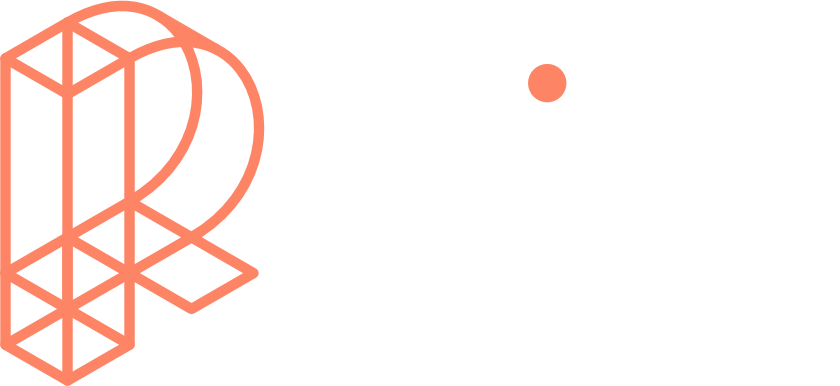Have you been hearing more about email authentication lately? There is a reason for that. It’s the prevalence of phishing as a major security threat. Phishing continues as the main cause of data breaches and security incidents. This has been the case for many years.
A major shift in the email landscape is happening. The reason is to combat phishing scams. Email authentication is becoming a requirement for email service providers. It’s crucial to your online presence and communication to pay attention to this shift.
Google and Yahoo are two of the world’s largest email providers. They have implemented a new DMARC policy that took effect in February 2024. This policy essentially makes email authentication essential. It’s targeted at businesses sending emails through Gmail and Yahoo Mail.
But what’s DMARC, and why is it suddenly so important?
The Email Spoofing Problem
Imagine receiving an email seemingly from your bank. It requests an urgent action. You click a link, enter your details, and boom – your information is compromised. The common name for this is email spoofing.
It’s where scammers disguise their email addresses. They try to appear as legitimate individuals or organizations. Scammers spoof a business’s email address. Then they email customers and vendors pretending to be that business.
These deceptive tactics can have devastating consequences on companies. These include:
- Financial losses
- Reputational damage
- Data breaches
- Loss of future business
Unfortunately, email spoofing is a growing problem. It makes email authentication a critical defense measure.
What is Email Authentication?
Email authentication is a way of verifying that your email is legitimate. This includes verifying the server sending the email. It also includes reporting back unauthorized uses of a company domain.
Email authentication uses three key protocols, and each has a specific job:
- SPF (Sender Policy Framework): Records the IP addresses authorized to send email for a domain.
- DKIM (DomainKeys Identified Mail): Allows domain owners to digitally “sign” emails, verifying legitimacy.
- DMARC (Domain-based Message Authentication, Reporting, and Conformance): Gives instructions to a receiving email server including what to do with the results of an SPF and DKIM check. It also alerts domain owners that their domain is being spoofed.
SPF and DKIM are protective steps. DMARC provides information critical to security enforcement. It helps keep scammers from using your domain name in spoofing attempts.
Why Google & Yahoo’s New DMARC Policy Matters
Both Google and Yahoo have offered some level of spam filtering but didn’t strictly enforce DMARC policies.
- Starting in February 2024, the new rule took place. Businesses sending over 5,000 emails daily must have DMARC implemented.
- Both companies also have policies for those sending fewer emails. These relate to SPF and DKIM authentication.
Look for email authentication requirements to continue. You need to pay attention to ensure the smooth delivery of your business email.
The Benefits of Implementing DMARC:
- Protects your brand reputation
- Improves email deliverability
- Provides valuable insights
Ergotron LX Premium Monitor Arm
Monitor stands enhance workspace ergonomics by allowing the user to adjust the monitor at a comfortable viewing height and angle. Introducing the Ergotron LX Premium Monitor Arm.
It’s constructed from polished aluminum, ensuring durability and it’s capable of supporting monitors up to 34 inches wide. Say goodbye to a static, boring workspace and hello to dynamic, flexible productivity.

